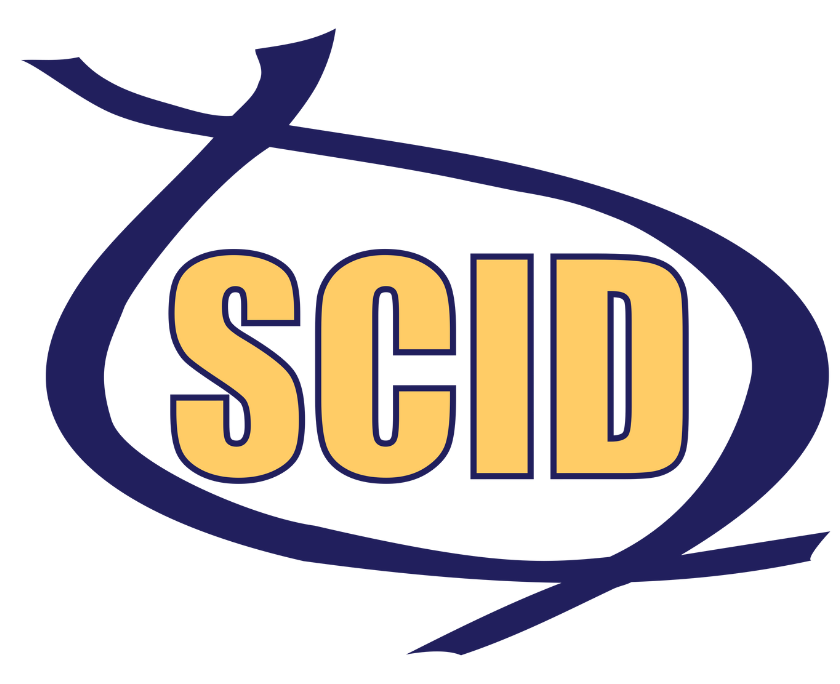
Long known for being a hub where parents of children, as well as adults, with severe combined immunodeficiency (SCID) can connect and share information, SCID, Angels for Life is now branching out to fund research into this life-threatening primary immunodeficiency.
Last week, SCID Angels awarded one-year grants to SCID experts for two projects. One lays the groundwork for gene editing as a treatment for IL7Rα SCID. The other analyzes a variant of RAG1 SCID in the Mennonite community to improve diagnosis and treatment for those families affected.
An IDF SCID Compass partner, SCID Angels is a non-profit dedicated to supporting families affected by SCID through social media outreach, education, advocacy, and family scholarships. SCID Angels Founder Heather Smith said that the research projects align with her organization’s objectives and that she is looking forward to watching the progress they make in the field of SCID.
“We’re thrilled to see researchers develop both a new treatment approach to SCID and explore ways to assist a marginalized community in coping with the diagnosis,” said Smith.
“This is our first shot at providing grants for research and we didn’t know what to expect. To receive such different applications that met each of our areas of interest blew us out of the water.”
The program was created thanks to a $25,000 grant from ADMA Biologics, a company that produces plasma products for people with rare diseases. The generosity of an anonymous donor made an additional research grant possible.
“We are grateful to ADMA who knew this was our first attempt to provide a research grant,” said Smith.
Dr. Donald Kohn, a specialist in bone marrow transplantation and gene therapy at the University of California, Los Angeles, will oversee the grant to develop a gene-editing technology for the treatment of IL7Rα SCID.
Kohn’s research explores the creation of the technology to make the changes in the IL7Rα gene, which lays the groundwork for testing the technology going forward.
This early-stage development of gene editing to treat IL7Rα SCID will be conducted by a junior faculty member at UCLA.
“We’re excited to get some of these new young researchers involved in SCID,” said Smith.
Dr. Jolan Walter, an allergy and immunology specialist at the University of South Florida, will study Mennonite communities that are affected by RAG1 p.C176F SCID, a variant of SCID that ranges in severity and is known as atypical, or leaky, SCID.
The Mennonite communities reside in Pennsylvania, Virginia, North Carolina, and Ohio, and are marginalized regarding their health and healthcare needs, due to cultural and economic differences.
The study aims to increase awareness of the RAG1 variant among Mennonite community members and empower them to seek genetic screening and follow-up care.
The research is also expected to provide data leading to preventive and therapeutic strategies designed to reduce disease severity for those who inherit the RAG1 variant, and other variants of atypical SCID with variable presentations.
SCID Angels Director Barb Ballard said the organization is fortunate to be able to award the grants, and she hopes that funding is secured annually for such projects.
“As a rare disease, SCID is often overlooked for research grant funding, yet historically so many important therapies, such as bone marrow transplants, have come out of research looking to treat SCID patients. The results have benefited not only SCID patients but patients in many other disease groups as well,” said Ballard.
“Meanwhile, there are so many forms of SCID that still need the earliest stages of research to make progress. This means there will be many more areas that will need small kickstarter grants such as this.”
Sign up for updates from IDF
Receive news and helpful resources to your cell phone or inbox. You can change or cancel your subscription at any time.













